|
Not 24 hours after I debuted the Tracy Turnblad roach dress homage (see image, ghurl!) with, yes, the matching nails (see nail blog asap) as the co-host of the Second Helpings Fatinee extravaganza in SF that I was out on the town for another fat positive soiree with one of my main femmes Kitty. This time our love of all things Fat High Society took us south of San Francisco to the Curvy Girls Rock Fashion Show where we got the VIP treatment from host and Curvy Girl Lingerie mastermind, Chrystal Bougon. We talked to some press, got some ridiculously sexy goody bags from Lelo and had some soft cheeses, chicken skewers, chocolate martinis, cake and crudites. Ghurl love her some crudites. Then the show started! After mingling and eating more cake bites I made a new friend named Shae! And then Kitty & I took to the runway OF COURSE. Ok ok. Me and Shae took a #bitchface photo I was gonna share with you but then I realized that would be serious emotional blog infidelity so here it is. Whew, ghurl, time for me to go to Chevy's and get a strawberry daiquiri to go so I can cuddle up with my boo and try the new stuff I got in my goody bag!
xo, Virgie #LoseHateNotWeight
3 Comments
In anticipation of tomorrow evening's Second Helpings FATINEE at SOMArts in San Francisco (the show is sold out but I will be heavily photo'ing it - don't worry) AND the public debut of my Tracy Turnbladesque homage I decided that roach nails were #MANDATORY. Thanks to the interwebz and all the nail karma I've wracked up, Taylor of @sfpartynails (find her on Instagram immediately) got in touch and said she could make my roach dreams a reality! My very first introduction to nail art was when I was living in Bangkok. After the sun sets (cuz ghurl it's won hottest city in the world for a while now) some enterprising Thai women set up an on-the-go nail art studio out on the sidewalk. They turn gorgeous nail jobs on a tv dinner tray (set up is fast and easy, ghurl) and you can get literally ANYTHING painted or glued on your nails in about 15 minutes. These nail queens are talented! And they're totally using nail art to gain class mobility (#getthatmoneygirl). I remember wondering why I hadn't seen this in the US. And then some babes showed me Taylor's work on Instagram. She started out doing nails at bars and parties in the Bay and now works at a salon in the Temescal district in Oakland. While Taylor and I were chopping it up in my kitchen we got to talking about the politics of nails. I need to set the scene for you: 2 babes - me + Taylor - sitting in my kitchen nook.. Taylor is painting epic roaches with little pink hearts on my nails and we're analyzing the race, class and gender implications of nails. It was like my idea of the best femme afternoon ever. I didn't grow up in high femme nail culture. Taylor did. But we both see nails as ways of broadcasting messages - some call this flagging. For me, brightly colored or cockroach-covered nails demand visibility, align me with a history of adornment commandeered by women of color, declare my undeniable femininity. When I grow my nails out they become claws that make me feel ferocious, independent and anything but harmless. What do you do with your nails and what does it mean to you?
xo, Virgie #LoseHateNotWeight Heyghurlhey! The TOO-TALENTED-TO-HANDLE Joy Nash (who you may know from The Mindy Project, American Horror Story and the famed Fat Rant) narrated Hot & Heavy: Fierce Fat Girls on Life, Love and Fashion just for you lovers of the fat girls! In case you didn't know, the book features some of my hands-down favorite writers and sheroes.. like Kitty Stryker, Tigress Osborn, Golda Poretsky, Margitte Kristjansson, Tasha Fierce, Rachel Kacenjar, Ginger Snapz... and the fabulous just goes on and on, ghurl. I want to give you a chance to get in on the fatties on tape action for FREE to accompany you during your next fatkini hoe-down, road trip across America in search of the best margarita/donut/antique cat vase and other summer shenanigans. All you need to do is sign up for my brand spanking new email list between right now and June 17th at 11:59pm! There are 2 ways to sign up: Enter your email address right there ^^^ or click here to get directed to a sign-up page.
I will randomly choose 3 winners who will each receive a FREE code for the audiobook download on Audible. The codes will be sent to the three email addresses that are selected on June 18, 2014. Good Luck! xo, Virgie This blog is gonna have to be a quick one because I have to go to a friend's play and I have to scan some documents for my new job as the Managing Director of the tres fab Michelle Tea's company, Radar Productions, and I also have to find time to flat iron my bangs and get a latte.
Ok, so as life would have it I came across a few things this month that made me really stop and have a ponder. I read a book that was sort of focused on weight loss recently (and I mean I kinda knew it was gonna be focused on weight loss but it kinda went in a direction I wasn't entirely expecting) and also had an amazing conversation about the myth of "emotional eating." And the realization was this: Some people believe that self love is a weight loss tool. Wait! Wait! I know it seems counterintuitive. Especially since my work - and the work of the other coaches, lecturers and activists I admire - focuses entirely on NOT losing weight. Especially since our work seeks to demystify weight loss as a cure for all of life's woes. And yet it seems there are some who are done with the idea of "traditional" dieting and believe that "self love" is the true path to the Land of Skinny. The idea is that if you love yourself that your mind and body will perfectly synch and "automatically" do all the things that make you "healthy." And because we culturally have almost no framework or understanding of health outside the idea that thin = healthy, there's a belief that when body zen is achieved that thinness will come "naturally." The truth is: you can't "love" your body into thinness. But then it really hit me. Thinness is not only seen as a guarantee of access to romance, success, and happiness. It is also culturally seen as the ultimate way to show that you CARE about and LOVE your body. Maybe I was being naive or had my head under a rock. Maybe this has been going on for a long ass time and I just totally missed the way that body love/body acceptance language was being used to promote what I am against. Actually when I thought about it harder I realized that long ago - in the midst of my own dieting hell - that I too may have believed this for a hot second. It actually dovetailed really nicely into my Pentecostal upbringing which argued that dieting was part of treating my body "like a temple," which when translated meant that being thin was a way to honor the gift that God had given me - my body. But we all know that's some patriarchal bullshit. I think the internal thought process of the "body love diet" maybe goes something like this: "Omg. If I LOVE my body I will inevitably 'treat it better' and so it will automatically become thin because I am only fat as a result of the way I 'abuse' food and 'harm' my body." I'm really skeptical of this idea that people are killing themselves with food but I remember that I used to think that all the time. But let me be clear: trying to force your body to be a certain size isn't self love. There's this myth that fat people are fat because we are holding onto some greater emotional problem. Our culture sees fat as a manifestation of a pathology of self harm and self loathing. But THAT'S. NOT. TRUE. Self love will not inevitably lead to weight loss. Believing that you're fat because you don't love yourself "enough" or the "right" way is harmful and false thinking. Your body isn't wrong. Our relationships with our bodies are complicated! I know. It's not easy to love yourself in a culture that tells you that you'll never be good enough (remember how I said that in Hot & Heavy?). But real love isn't perfect! It doesn't always (or even often) look shiny and sparkly and perfect and each day of a self-love relationship doesn't start with staring adoringly at yourself in the mirror. What loving relationship do you know that's perfect? Nones, ghurl. But trust me when I say your body deserves love - real love - and not the sneaky kind that masquerades as love but is actually all that nasty ass self-hate again. #LoseHateNotWeight forever ♡ Xo, Virgie p.s. I have a Virgie VIP mailing list now! You should totally sign up (go here - you can subscribe right under my picture)! In light of the recent Instagram booty blunder I have been thinking a lot about my fat body, and how the way I choose to dress or expose it relates to ideas of feminine "decency." Apparently much like Instagram's content policies, there are many inconsistencies when it comes to what is deemed appropriate or decent and what is considered gratuitous or even obscene culturally when it comes to women's bodies. While I can totally imagine Gisele Bundchen on the cover of Baby Gap wearing a loosely crocheted bikini (for instance) I feel like I can barely leave my house wearing a tight *turtle neck* without causing a stir. Much like Meghan's censored booty selfie, I find that the line between "ok", "sexy" or "tasteful" and "too much" can often be predicated on fatphobic visual norms. In short, I am tired of my body being deemed indecent or lewd because my boobs, butt, belly and thighs are big and jiggle while I do almost anything. Mm.. jiggle! A quick story about the first time I realized there was this double standard: I remember in college my boyfriend's brother dated a woman who was very petite. At a family gathering once she wore a short sleeveless dress. It was super hot that day and I wished I had worn a short sleeveless dress - preferably with no bra. But then I remembered - I didn't own ANYthing like that and going bra less would have invited an afternoon of ogling, poorly hidden boners, gasps and stink eye. I remember I noticed my reaction and the reactions of others to her outfit. No one - not even me, at first - even bat an eye. She didn't really get particularly positive or negative attention as far as I can remember. It seemed completely natural that she would wear a light outfit on a warm day. And I remember feeling frustrated that the very same behavior - if done by me - would have made me feel like I had taken my asshole out for a round of show and tell. So for a long time I always wore conservative outfits even when it was hot as balls. Even though I don't follow those kinds of rules anymore I still feel the pressure. Not only am I expected to cover up because I am fat - no matter how hot it is, no matter how much I want the air to touch my thighs or belly or shoulders or how DESPERATELY I don't want to wear a goddamn bra!! - but I am expected to cover up because my big boobs and big butt have been deemed indecent and the people on the subway just really aren't ready for this jelly. My bodacious bod is apparently distracting (Lewd? Pornographic?) and I am the one responsible for keeping it all under wraps. A petite frame affords one a sort of cultural cloak of invisibility because the display of a thin woman's sexuality is considered her right - and not mine. The display of thin legs and "tight" torsos is considered a matter of course while mine is considered offensive or over-the-top because I am not supposed to be comfortable with my body or my sexuality. A display of sexual confidence from a fat woman goes against cultural norms that limit us. We are not supposed to feel sexy - or BE sexy - because those things are reserved for someone else. When I expose cleavage or a fat roll (or two!) I am asserting a powerful and subversive message: "suck it, patriarchy." And I'm also sending another message: "I'm pretty sure this fat ass is the highlight of all y'all motherfuckers' day." So, here's to my sweet ass and all the sweet fat asses in the #bootyrevolution. Xo, Virgie #LoseHateNotWeight Read what my friends have to say about the #bootyrevolution! Jen of Plus Size Mommy Memoirs Chrystal of Curvy Girl Lingerie Amanda of Mother of Ambition Jes of the Militant Baker Ghurl. Today I woke up with abso no intention of going fatkini shopping. I'd like to say that there was tres mucho planning that went into this excursion, that I lit a candle to Dolly Parton and Miss Piggy in hopes that they would be with me - GUIDE ME - in this ever important swimwear journey. Alas, none of that happened, ghurl. I seriously woke up at my boyfriend's house in the 'burbs, as per usual he got ready for work while forcing me to listen to NPR (he loves torturing me with the early morning self-congratulatory, monotone, neo-liberal coverage of gut-wrenchingly detailed tales of human suffering.. I digress), ate some ciabatta with olive oil and pepper (freshly cracked of course), wished it was hotter so I could finish reviewing this book by the pool, sighed disappointedly, and then got a text from one of my main fat femmes, Olivia, informing me she was coming into the city to go fatkini shopping and asking if I was ready and willing. Well, I put on some Whitney and got in the shower. Immediately. To say that I have a swimwear habit is, like, kiiind of an understatement. I mean, I am a full-on swimwear addict. I love bathing suits - one piece, two piece, new, vintage, whatever. If it's made primarily of spandex I'll wear it. I'm not entirely sure if this is related to my love of being submerged in bodies of water or if it's an entire obsession unto itself, but I love being encased in a shiny piece of water friendly lingerie that's totally ok to wear outside the house. They're sexy and cute and strange and practical and I have about 20 of them (and that number has taken considerable discipline to maintain). I have more bathing suits than there are hot days in a San Francisco summer but I manage to find opportunities to wear them. My current favorite is a vintage one-piece that reminds me so much of Miss Piggy on the cover of that workout Aerobique LP she did. So, even though I had to speed walk to catch the train outta the 'burbs I made it and we had a solid 2 hours of try-on time at Forever21. I swear you can track the progress of the fat movement from how cute the stuff in the plus size section is. And if Forever 21's plus size swimwear section is any indication - the fats are winning! They have SERIOUSLY stepped up their fatkini game since last year. I use the word "fatkini" loosely in this post.. most of the pieces I liked and tried on were one-piece suits but I like the idea of it all falling under the fatkini umbrella. I wanted to show you some highlights from the try-on sesh! I went into the fitting room with 9 pieces and emerged with only one ^^^
It was HARD to leave the black one with mesh panels (in cover image) that allowed some serious tummy peeping. It also was the one that matched my serious bitchface the best. Siiigh. I stand by my choice, and knew that in a pinch I could just cut some massive holes into the black bathing suit I already own. If you haven't had a chance to try on a fatkini I highly recommend it! Walmart has a seriously cute collection too. If you can't find a place nearby - or you can but the pieces don't fit well - buy something you like that's cheap or used and try altering it. Cut, snip, add fringe. I like to pair my swimwear with serious eye-catching water-friendly jewelry, massive sunglasses and a parasol. This summer, spend at least a few hours in SOMEthing that lets oft-covered skin get sun and air. Look at yourself in the mirror. Take a selfie just for you. Sit in the bath tub with the window open for too long. Buy (or make) a hand fan and dramatically cool yourself in front of strangers. Drink iced tea. Show too much skin. Drink from the hose. Resolve to #LoseHateNotWeight. xo, Virgie This week I felt super inspired by #HonorMyCurves and #EffYourBeautyStandards and I decided to put on my big girl panties, make it official and announce #LoseHateNotWeight.
I've been living by and talking about this standard for.. a hot minute. #LoseHateNotWeight is about de-centering self hatred and re-centering self love. #LoseHateNotWeight is about refusing to give into societal messaging that some bodies are good and most bodies are bad. #LoseHateNotWeight is about that moment you wake up in the morning and your first thought isn't "I hate my body." #LoseHateNotWeight is about seeing your hotness and living your babely righteousness right now. #LoseHateNotWeight is about knowing that my muffin top only makes me a stronger, hotter feminist and you can just suck on that, patriarchy. #LoseHateNotWeight is about ending an era of self harm and starting an revolution of self care. #LoseHateNotWeight is about shifting the meaning of health away from numbers on scales to holistic emotional, spiritual and sexual well-being with the recognition that hating your body is not healthy. #LoseHateNotWeight is about YOU dictating the rules and terms of your life, YOU choosing what happiness looks like, YOU deciding what you will wear and how you will love and who will get to be a part of the world you create for yourself. #LoseHateNotWeight is about recognizing that your body is gonna shift and change, gain weight and lose weight, get sick and get better and there's just no room for hate in your new fab life, ghurl. So, it's gonna have to go. So if you believe in all these things as much as I do I'd loooove for you to join me in spreading the word. Add #LoseHateNotWeight to photos and status updates. And I'll obvi be on Instagram doing the samesies, ghurl. Xo, Virgie p.s. Here's a retrospective gallery of pics of me living my cute hate-free life. Feel free to share! <3 The word of the day is HYPOCRISY, girl. Read on.
So, the long and short of the story I want to discuss is that a woman named Brooke Birmingham submitted an image of herself in a bikini to Shape Magazine. She took this image after losing 170 pounds. Because her body didn’t adhere to what people reading a dieting-ad-subsidized magazine, I guess, think a post-weight loss body is "supposed" to look like, the magazine rejected the image, asking her to submit one in which she was a bit more covered up. She refused and now Shape is like “oh no you misunderstood our request.” Side-eye. Because we live in a culture in which weight loss is considered a panacea / cure-all for everything from back pain to depression to romances gone wrong (oh, and that chipped tooth and overdue phone bill, that can somehow be cured by weight loss too!), people are drawn to diets and procedures aimed at “changing their lives” through weight loss. People are taught that weight is a signifier of our ability to be disciplined and good.. a la “how do you expect to find a man/job/happiness/escape from patriarchy if you can’t even put that sammich down?” Otherwise put: “this is all your fault!” But we in the know understand that’s all just a clever way to throw you off the scent of some nasty ass oppression politics. There’s a little bit of a switcheroo that happens somewhere between the marketing and the public health rhetoric. Weight loss marketing says you’re doing this for the little black dress. Public health discourse says you’re doing this to save your life. We consider all the hostility and condescension toward fat people as justified by the health rhetoric. We lambast people with images of slender bodies and then tell them it’s their choice to take control of their destiny. Because “obesity” is threatening our country and fat people are literally committing suicide right before our eyes, don’t you know?!! All that health talk gets confusing because the actual desired outcome is a particular – and uniform - kind of body. An oft-neglected part of the weight loss story is the variety of what post weight loss bodies actually look like. Let me break this down:
Well, girl, I’m here to tell you that that shit ain’t real. But good news: I like saggy boobs and a roll a day keeps the bullshit away. Here’s to you, Brooke, and all those who refuse to bow to make-believe stories, manipulation, and hypocrisy. This is gonna be one of those blogs wherein I tell you some vulnerable (and perhaps just plain shitty) things about myself. I have a hard time writing about the parts of my politics that I haven't worked out completely or that - after interrogating them - I've decided intentionally not to change because that thing is sacred to me/I feel like I need it. Think: big bathtubs full of bubbling water that isn't going to get efficiently recycled or anything cute or humanitarian like that.
Are you still with me? This afternoon as I was walking to get a fancy sammich, I passed a smooshed up cup from Jack in the Box left by the wayside next to the sidewalk. I just *had* to stop to Instagram it. The dark blue text was impossible to miss against the whiteness of the cup: "Make a late night foody call," it read. My reactions were interesting (and telling): First, the pun loving nerd in me thought: "Punny! Two thumbs up!" Second, the scholar in me thought: "Fascinating! They're conflating fast food and fast sex yet again. I have to include this in a lecture." Third, the foodie in me thought: "Grrr. Don't fast food companies get that they're the reason that foodies even exist?" And it was this third reaction that stopped me in my metaphorical tracks (but not in my real tracks because, girl, I was hungry). I felt this sense of shame and guilt for feeling an actual modicum of aggression against Jack in the Box's marketing department for daring to take the name of the foodie in vain. Internalized classism much? I threw some of this shade up on Facebook. This wasn't the first time I'd seen a foodie nod in fast food advertising, and so I asked my friends why fast food companies were incorporating gourmand-ese into their newest branding campaigns. Ok. Ok. I was a smidge more judgmental and less inquisitive than I'm making myself out to be but whatever.. I got some good answers despite my bratty bullshit. So, this great mind owned by one Kelsey Rebecca pointed out that in a food-phobic culture where fat people are seen as undisciplined, sometimes we (as a culture and as fat people operating within it) endow certain food and consumption habits with magical powers. Actually Kelsey says it best: "...'the foodie' is most def... used to justify eating in a food-phobic culture. I am not surprised that the fast food industry is adopting descriptive language that associates their products with wealth, success and accessibility. To eat is to consume, to consume is to demonstrate status and assist in the nations wellbeing and be seen as legitimized being. Yet, to over-consume is unproductive and harmful, and to be fat is to embody overconsumption. So how does our capitalist culture attract and maintain consistent consumership in regards to food while still justifying fat discrimination? Enter 'the foody.' If we regard food/taste as a means of status and food and taste as attainable via class rank, and place this discourse within the fast food industry... fast food then becomes something associated with status and worthy of consumption by a greater target audience/market... to be a foodie is to be indulgent. To be fat and foodie is also understood as a punishable offense, but I would be hesitant to disregard how class influences perceived fatness. In other words, I would be interested in seeing how enacting and reenacting class status potentially minimizes fat shame and works as a harm reduction buffer. With that said, class is inherently raced and gendered, so this should also be considered." MIND. BLOWN. I got read. I identify as a foodie for sure, and these words really pushed me to interrogate what I was getting out of that identity (besides the salted chocolate brownies, of course). I always thought that my love of bougie food sprung from my radical hedonism and refusal to acquiesce to the image of vegetable-loving fat respectability/obedience. But it was clear from the defensiveness that crept up around that damn cup, that I had set up a hierarchy in my head and foodies were in a hallowed place. But why? And how did this happen? Spoiler alert: colonialism *Food history recollection sequence* I grew up in a household where my Mexican grandma cooked nearly every meal: usually chicken, soups, and pasta, and menudo and tamales on holidays. We very rarely ate desserts. We went out as a family on Sundays after church to restaurants. At school I coveted my friend's peanut butter and jelly sandwiches and their Fruit by the Foot, which seemed like food diamonds compared to my perpetual tuna fish and apple. To me, the sandwiches and processed, hermetically sealed, fruit flavored, puppy-shaped gelatin snacks that some of my friends had represented everything about being American - and to a certain extent, everything about being white - that I didn't feel. Those were the snacks on TV and in the movies I watched. Not tuna and apples. When I began dating (way older dudes who, according to fat girl lore and daytime television, didn't care as much that I wasn't petite) I was introduced to "fine dining." Foie gras, 'spensive cuts of meat, over attentive waiters, salmon foam, etc. This was all foreign and awkward to me at the time. My first boyfriend, who was 40 when I was barely legal, made a million dollars the year we dated, and often derided my inability to tell the difference between something that was fresh and something that had been previously frozen. I wanted to live in a place where I could learn how to be a radical and so I moved to Berkeley, which is also the birthplace of the slow food movement, Alice Waters, Chez Panisse, Michael Pollan. I met people whose parents bought them orphanages for their birthday. My college boyfriend - who I met online and who was shy and about my age - took me to country clubs and fancy weddings on the weekends. I moved to San Francisco when I was about 24. And haven't left. SF is a foodie sanctuary. There is a butter rich pastry on almost every corner. Rendered duck fat is a matter of course. There is often heavy cream in sauces and desserts. Despite the commitment to the deliciousness that fat brings to its foods, this is a town that doesn't care much for fat people. Otherwise "good" color blind neo-liberals do not hesitate to comment on the space my body takes up. For instance, I hate going to the coffee shop closest to me because I feel like my presence makes the bike-riding baristos think I'm lowering their property value - because I am not only fat but a femme-presenting and brown woman almost certainly wearing something neon and that makes me representative of everything that the culture gets its panties in a bunch over. But sometimes I go anyway. I refuse to smile, tip, chat. I tell myself that my "impeccable taste" and bitchy attitude gird me - make me invincible - against their hostility. They have the best coffee in the city besides, and I am willing to sacrifice my emotional safety for that perfect smoky cup, apparently. And if that isn't a metaphor for some deep internalized shit I don't know what is, girl! Back when this all started, "fine" foods and dining were intimidating. And then they became alluring and almost illicit because they came alongside dating - something I as a fat girl had very clearly been told I would NEVER be able to do. They represented access to a world unlike that of my childhood - a world that was filled with the "food diamonds" (and all the complexity that this metaphor holds) that made me feel like I wasn't on the outside. And then it became a way of accessing and relating, a language that I could master, that didn't scare me. I was trying to understand and learn to navigate a world in which I didn't feel I actually belonged. It became just as much about eating delicious food as trying to prove all the racists and classists and xenophobes and sexists and fatphobes and douchey neo-liberals wrong! And somewhere along the way this began to hold a feeling of safety for me. It represented things that I hadn't had access to for one reason or another, things that felt bigger and more important and that represented a power I felt I did not have. As a fat woman of color I sometimes seek to control things about myself that will make me seem less bad or less out on control. And that sometimes means I dip into the same territory that I am committed to fighting against. I have and will probably continue to (at times unknowingly) develop a sense of worth that is based essentially in my attempt to seem less threatening through consuming foods that have been endowed with special moral meaning as a way to arm and protect myself against a fat hating culture, as a way to seem and feel like I am not completely alien to this culture. For some fatties this same impulse may manifest in the comforting pride of carrot consumption. And for those of us who eschew plates of carrots, it may manifest in the comfort of glutting on fancy pink macaroons or caramel lattes with bacon drizzle. For me my "special" or "fancy" food means a lot of things. Sometimes it's the momentary respite, the unabated pleasure of a delicious, perfectly made thing that makes me feel completely in my body and free and special and safe. Sometimes it is the myth that I am better than the people who hate me. Sometimes it is the pure bravado of eating a treat that people who look like me were never meant to enjoy. Today I thought about all these things and that makes me feel a lot of feels. I feel a little bit like an asshole for getting duped by colonialism YET AGAIN. I don't know how to make all the parts of me and my life feel entirely like they're actually mine. I will not be giving up oysters any time soon. But getting lovingly read on Facebook was a really helpful way for me to begin to process why an identity based in exclusivity and access to wealth is not actually a safe one for me. Xo, Virgie I will be giving a talk entitled "Constructing and Performing the Fat Bitch: Irreverence as Queer Cultural Production" at the Q Center in Seattle at the University of Washington on Tuesday April 22 from 6:15 to 7:30 pm. This paper places fat icons like Miss Piggy and #bitchface selfies on Instagram in conversation with queer theorist Jose Munoz' idea of "queer cultural production" as discussed in his book Cruising Utopia: the Then and There of Queer Futurity (NYU Press 2009).
For more information please click here. |
Virgie Tovar
Virgie Tovar, MA is one of the nation's leading experts and lecturers on fat discrimination and body image. She is the founder of Babecamp (a 4 week online course focused on helping people break up with diet culture) and the editor of Hot & Heavy: Fierce Fat Girls on Life, Love and Fashion (Seal Press, 2012). She writes about the intersections of size, identity, sexuality and politics. See more updates on Facebook. Archives
April 2021
Categories
All
|
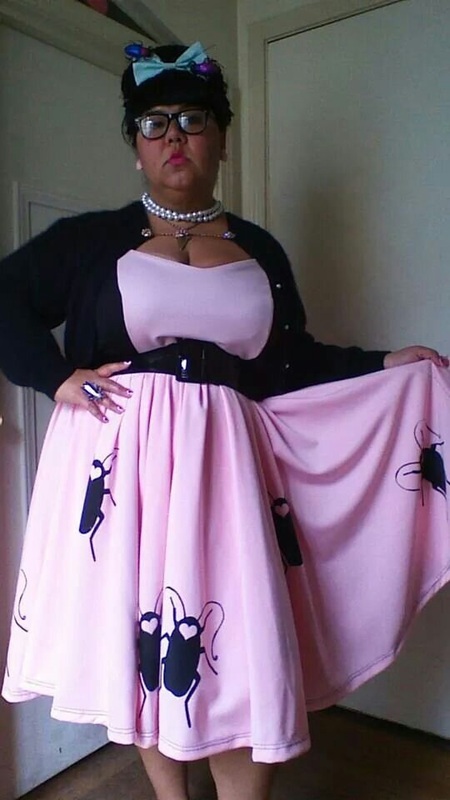
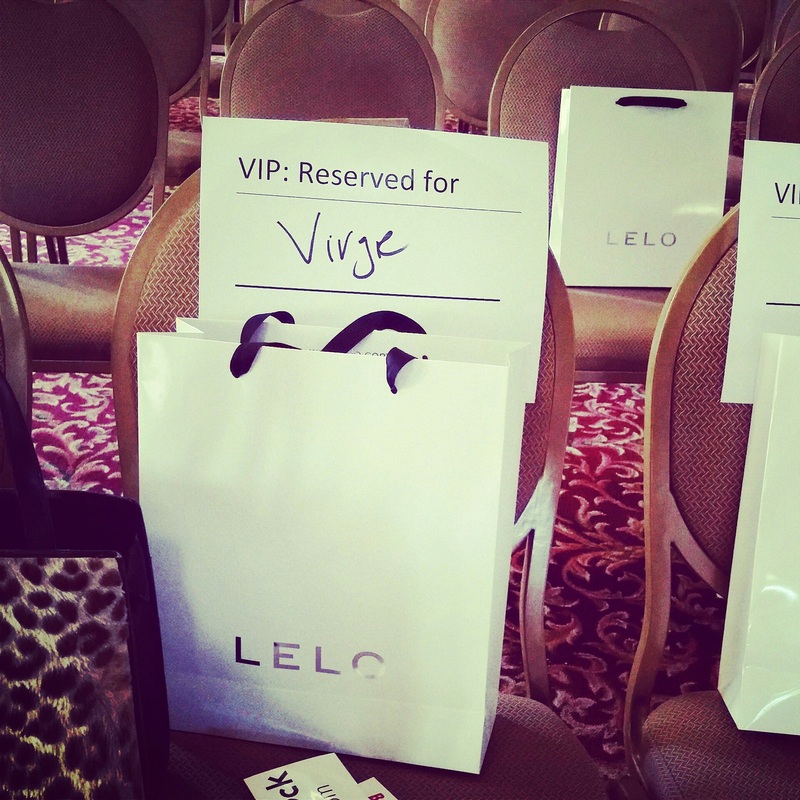
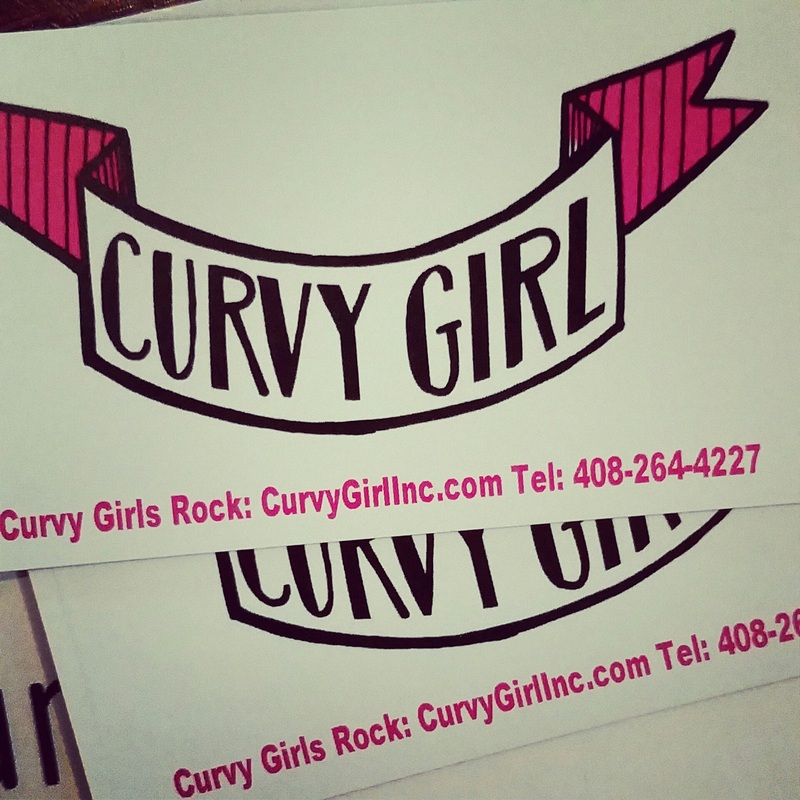
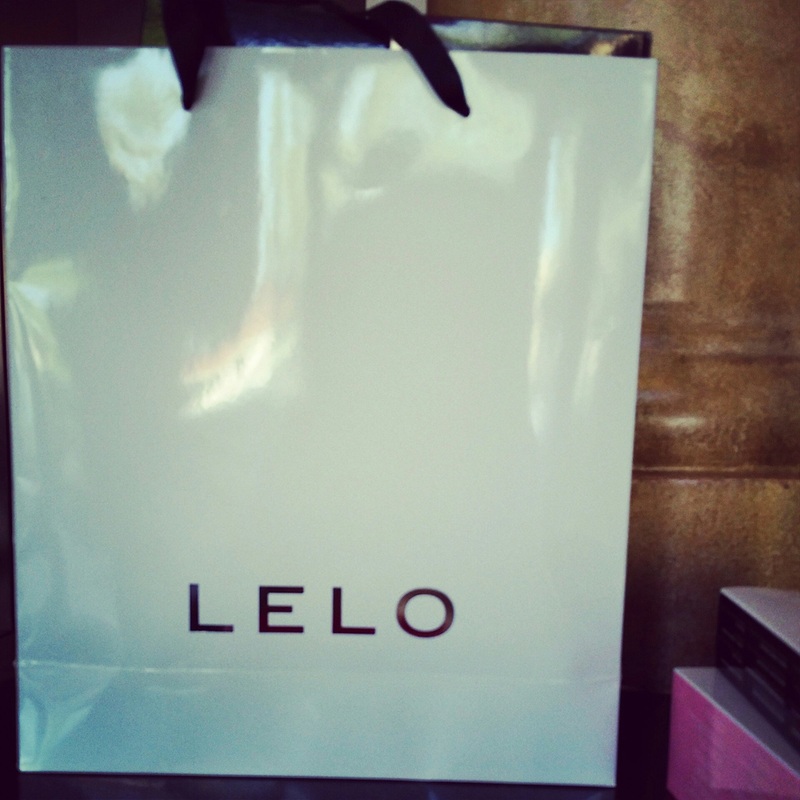
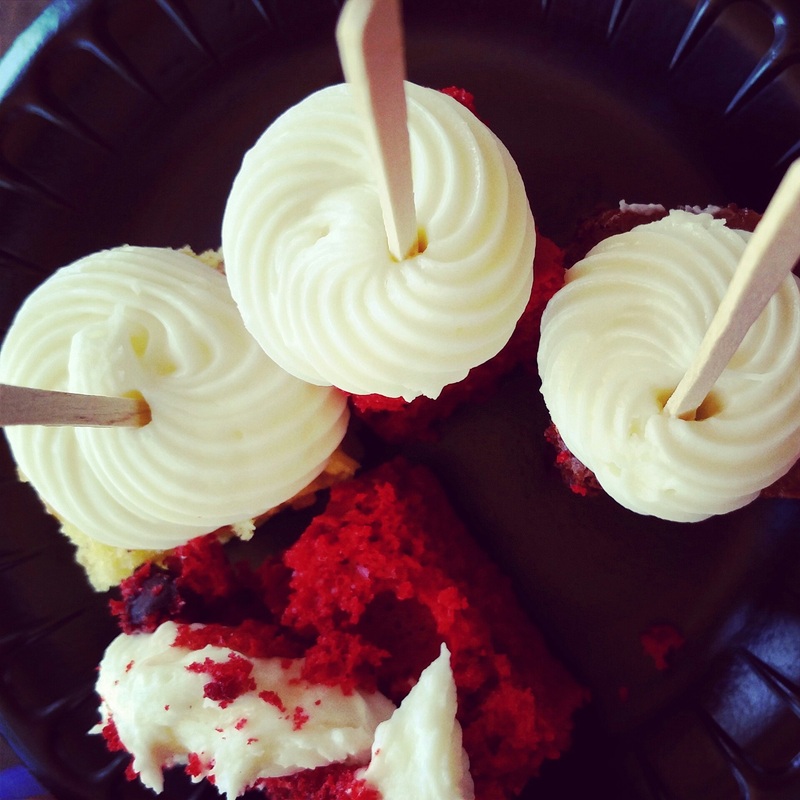
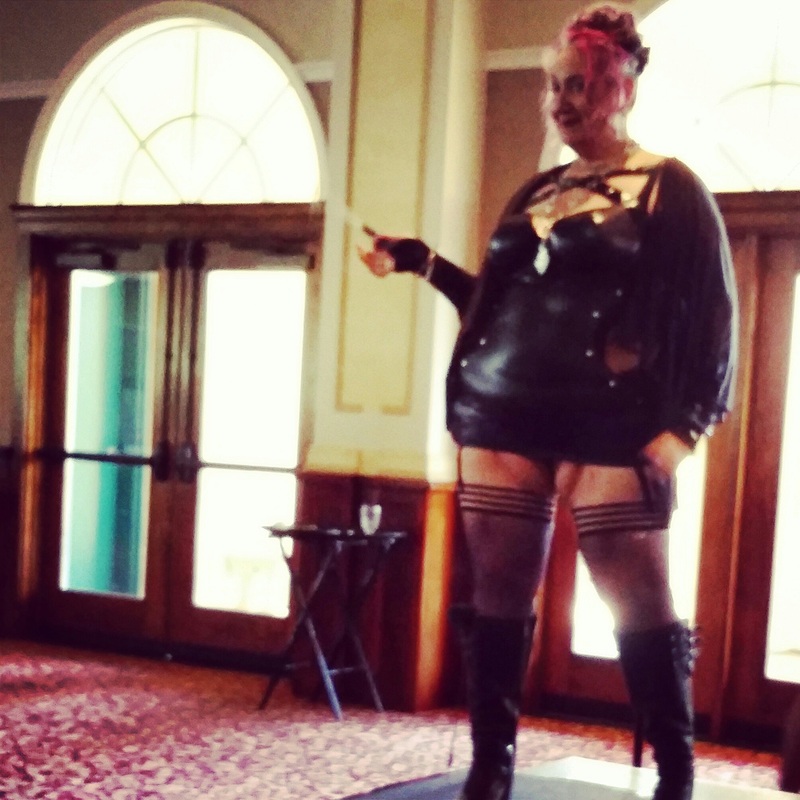
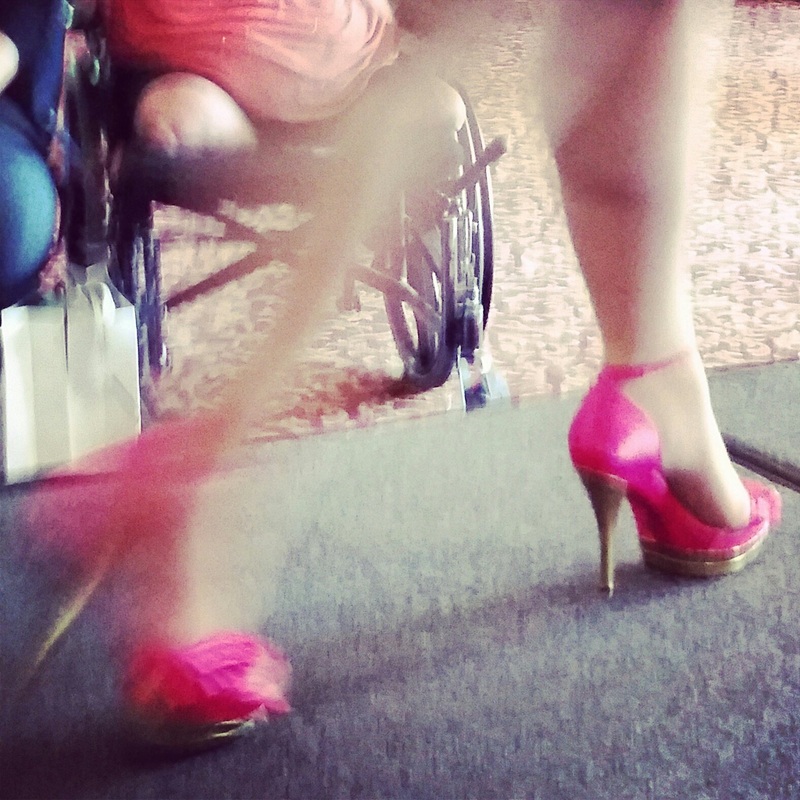
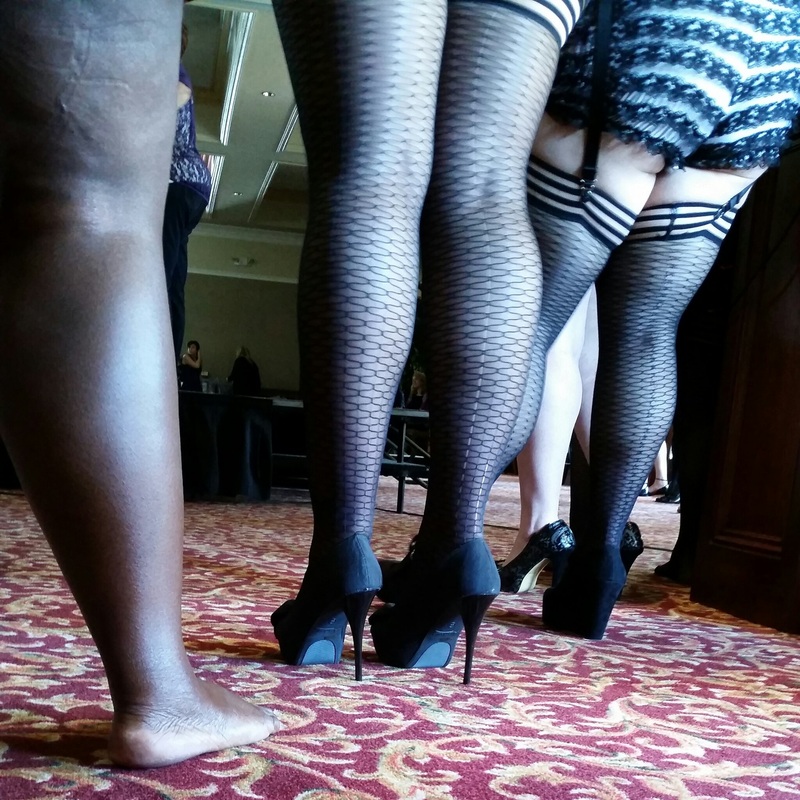
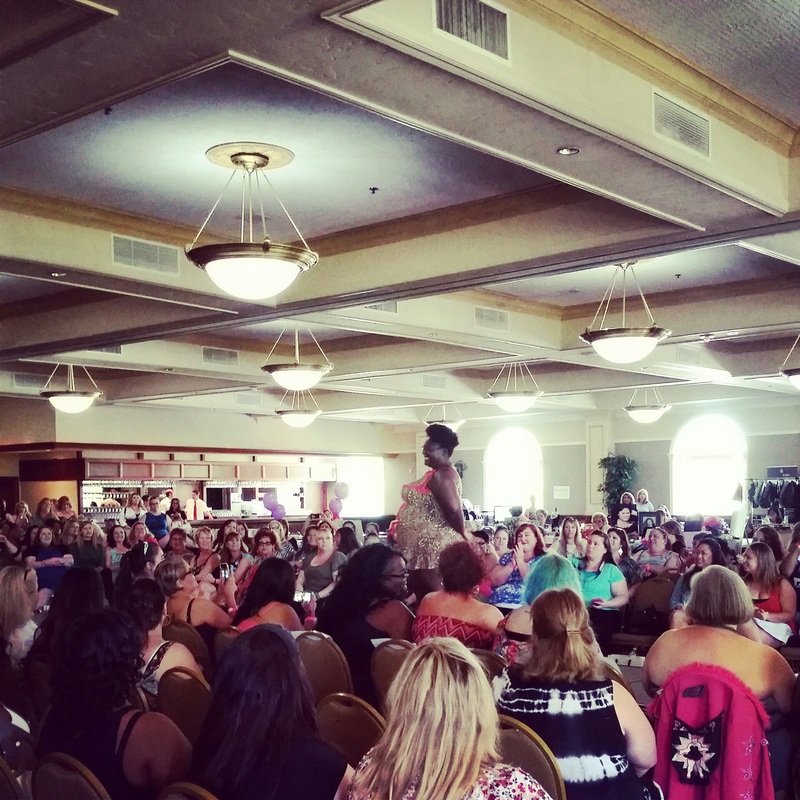
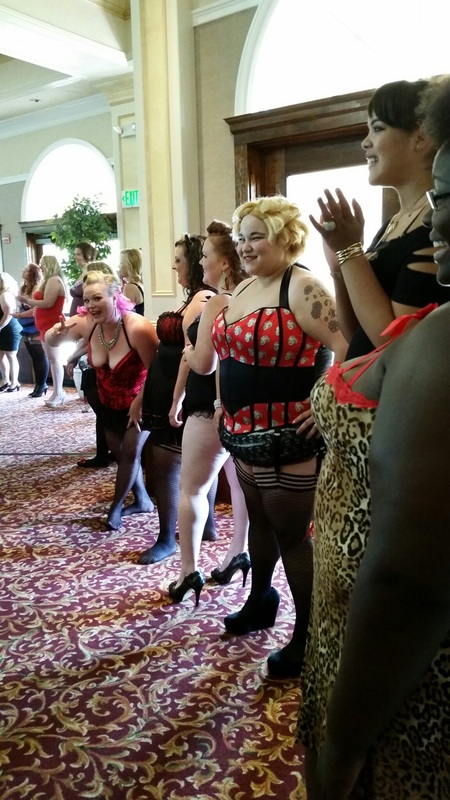
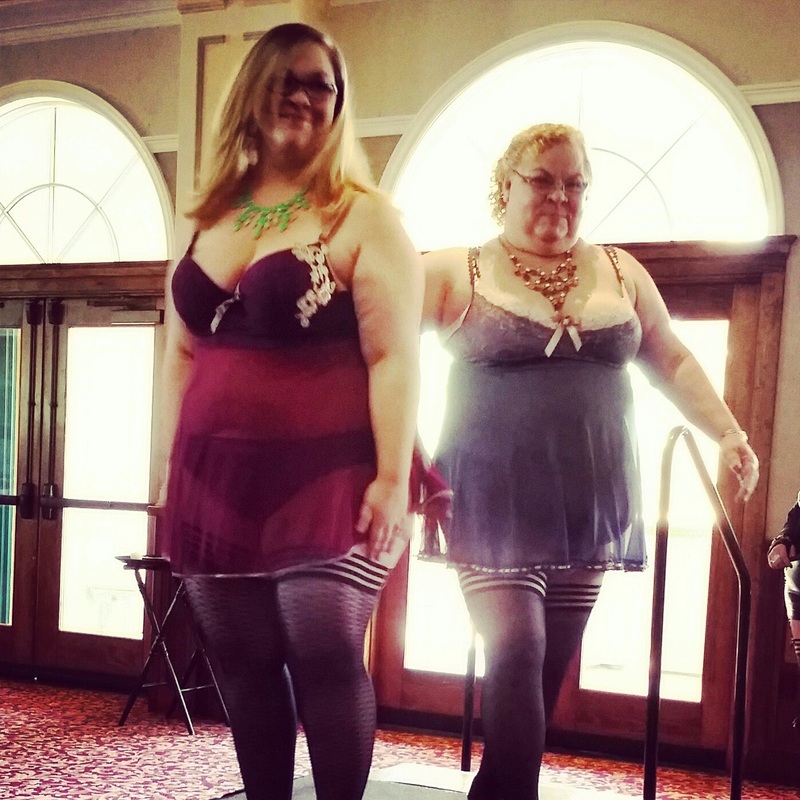
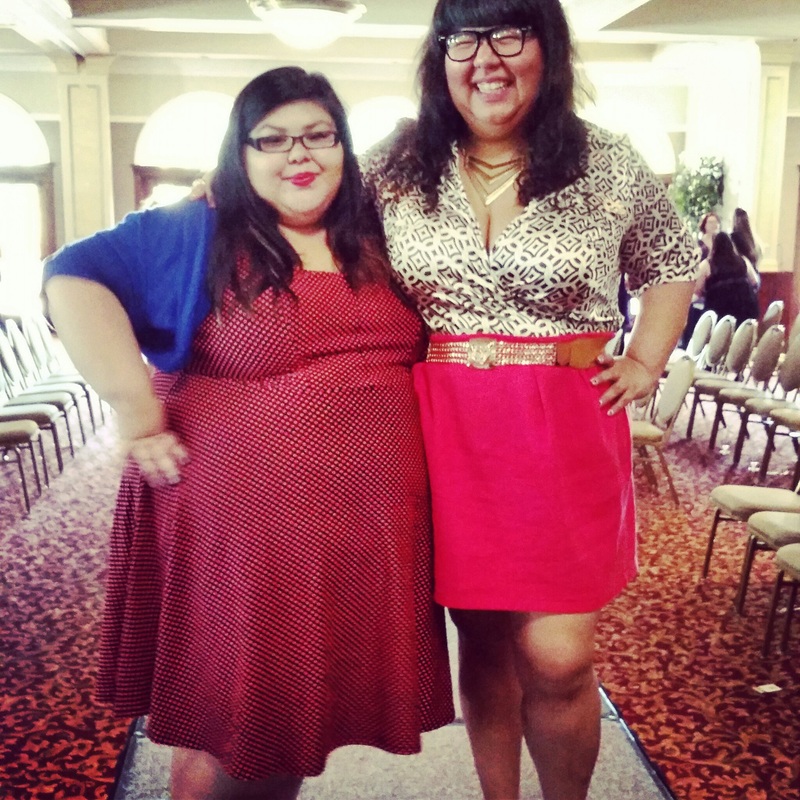
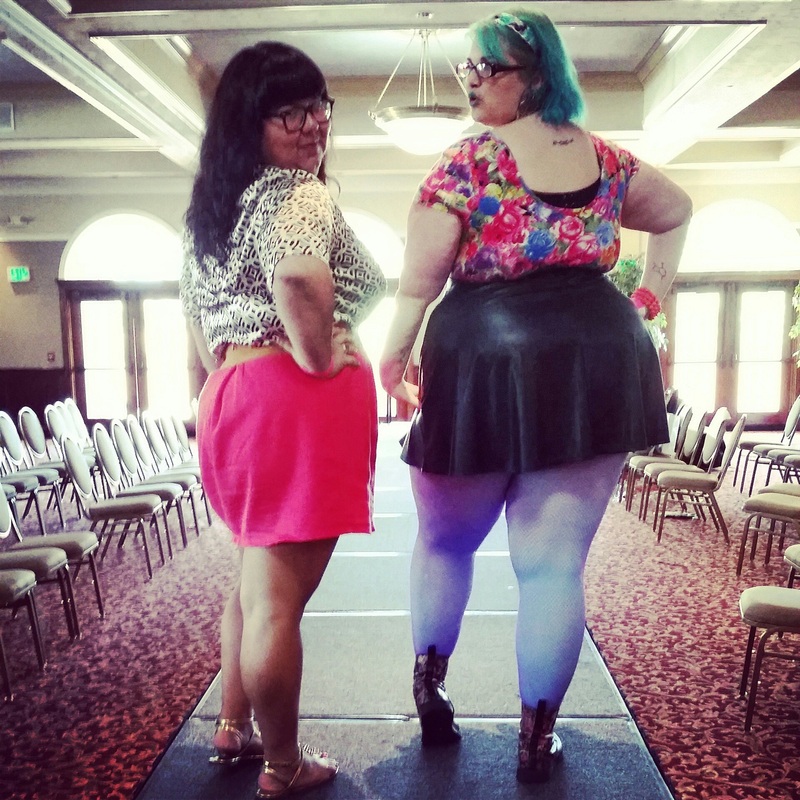
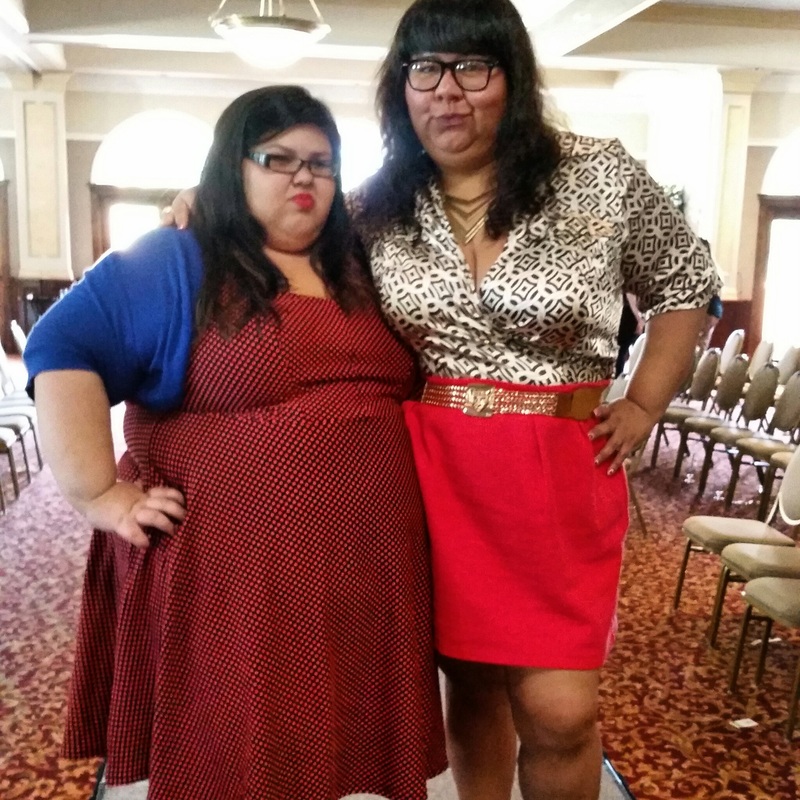
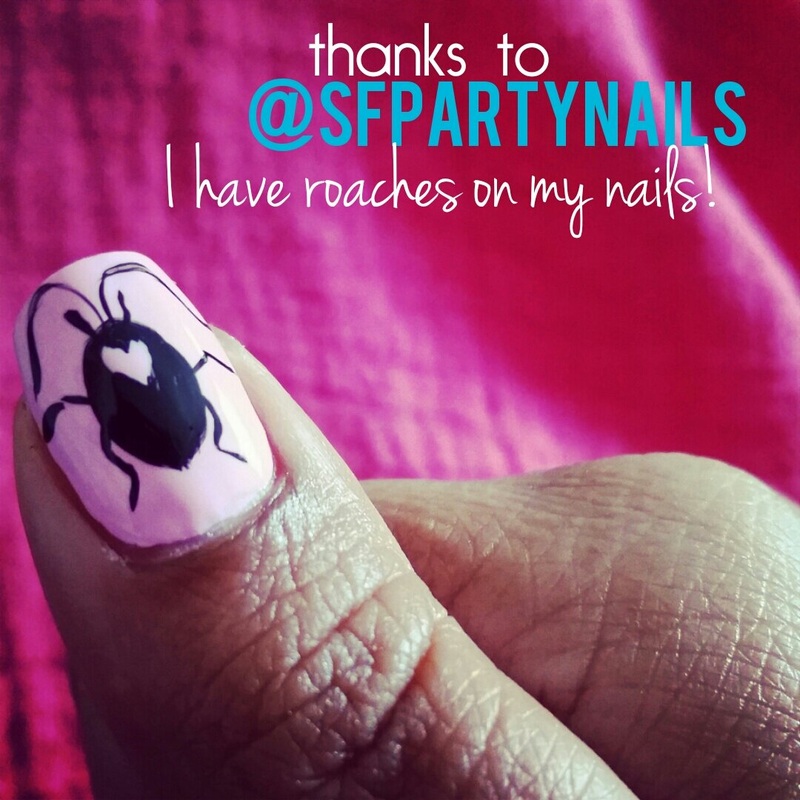
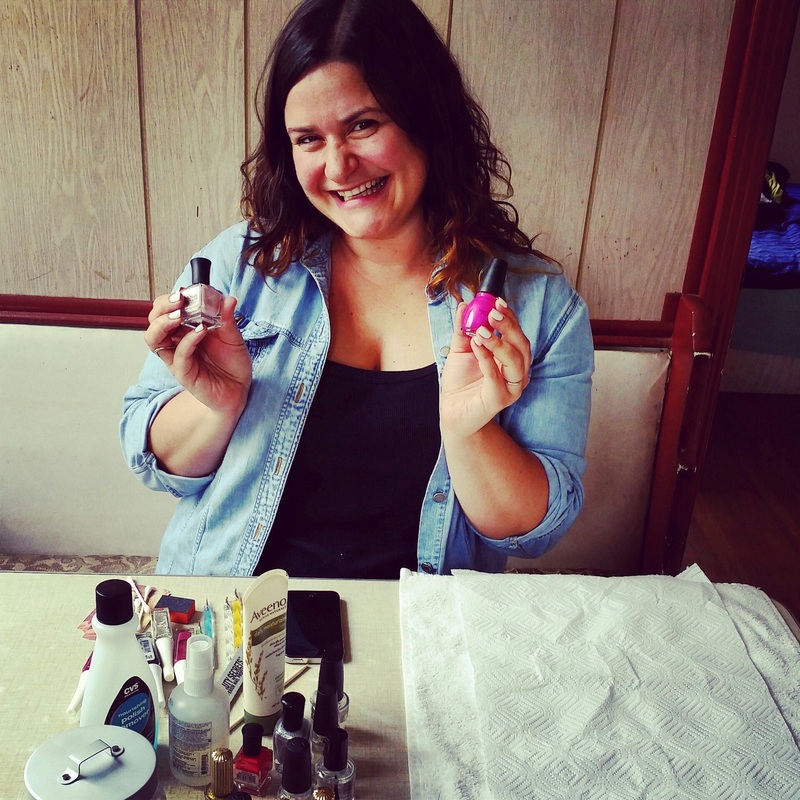
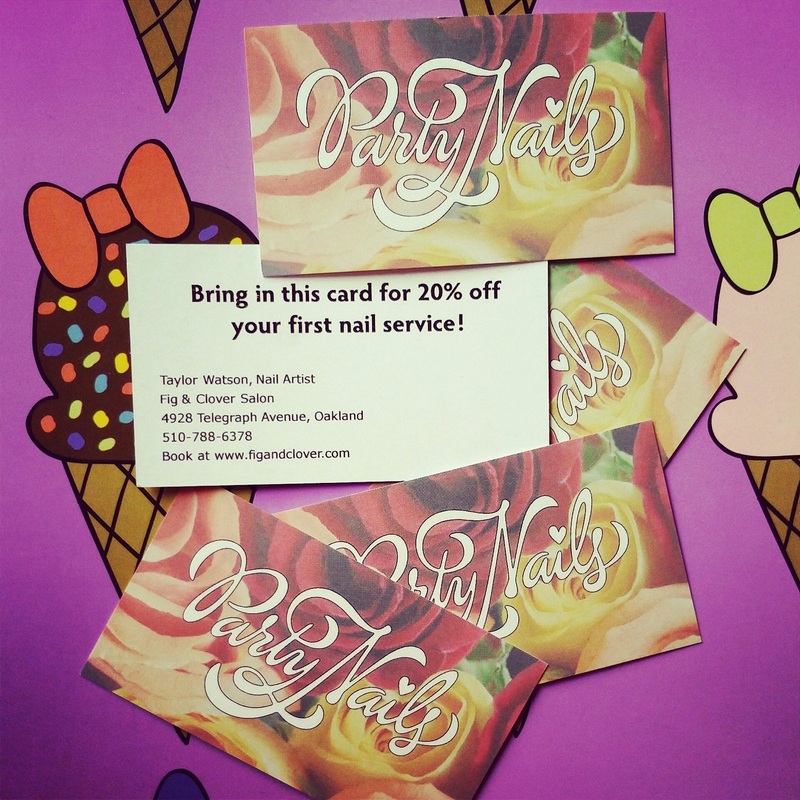
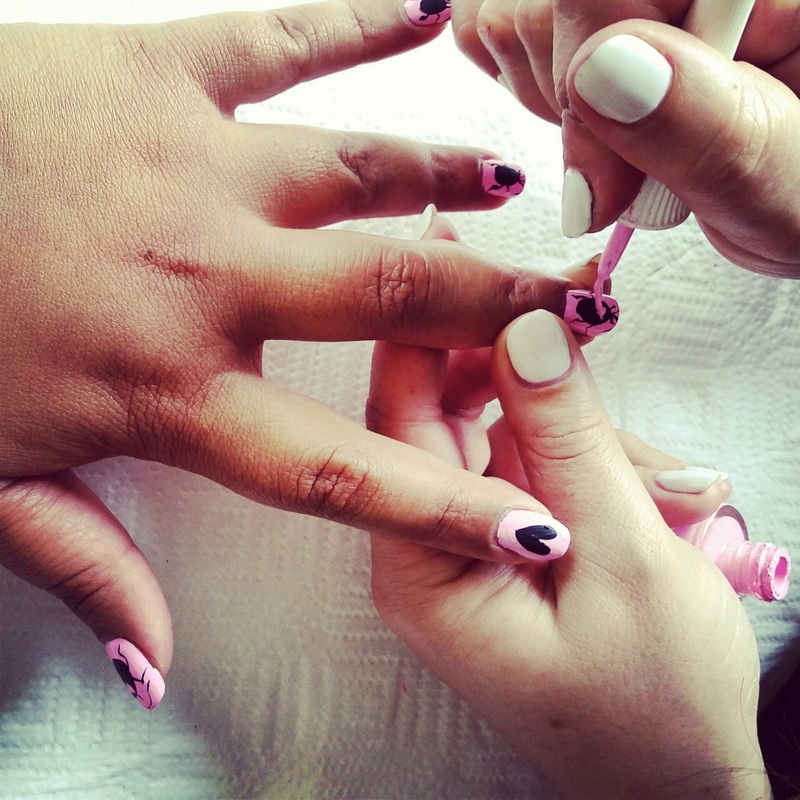
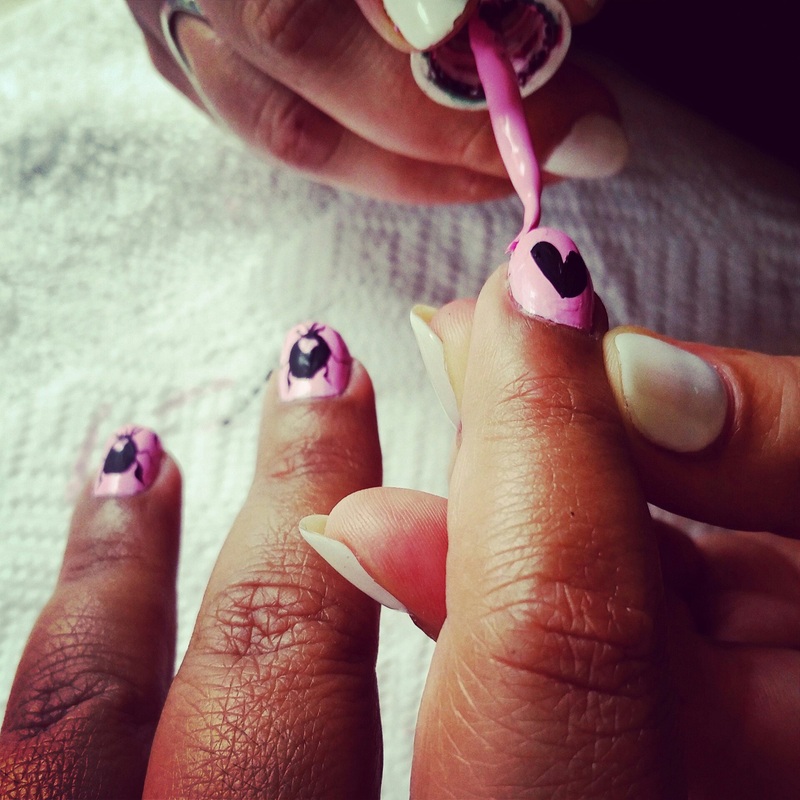
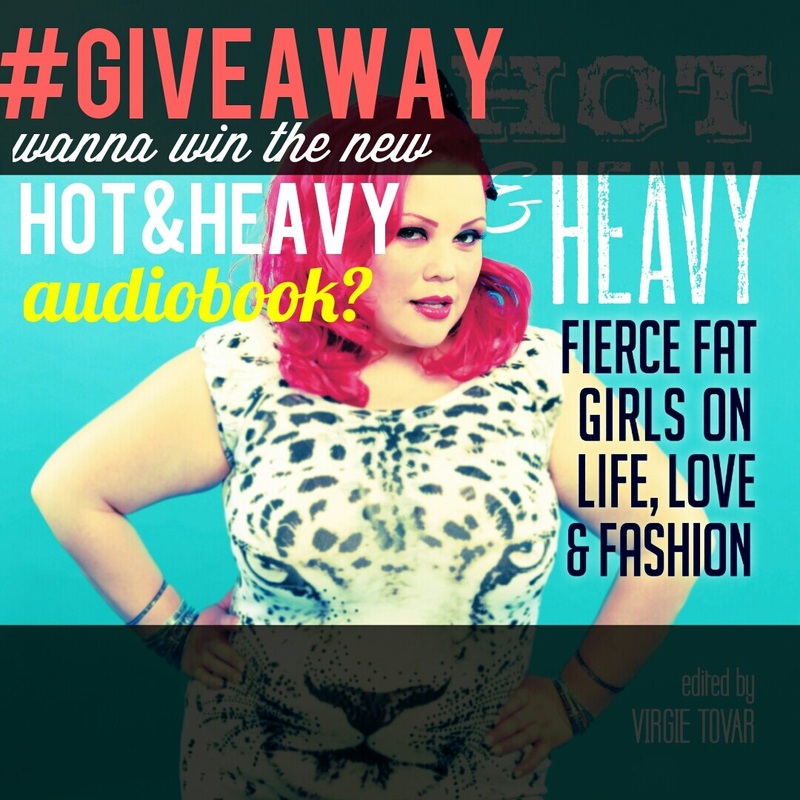
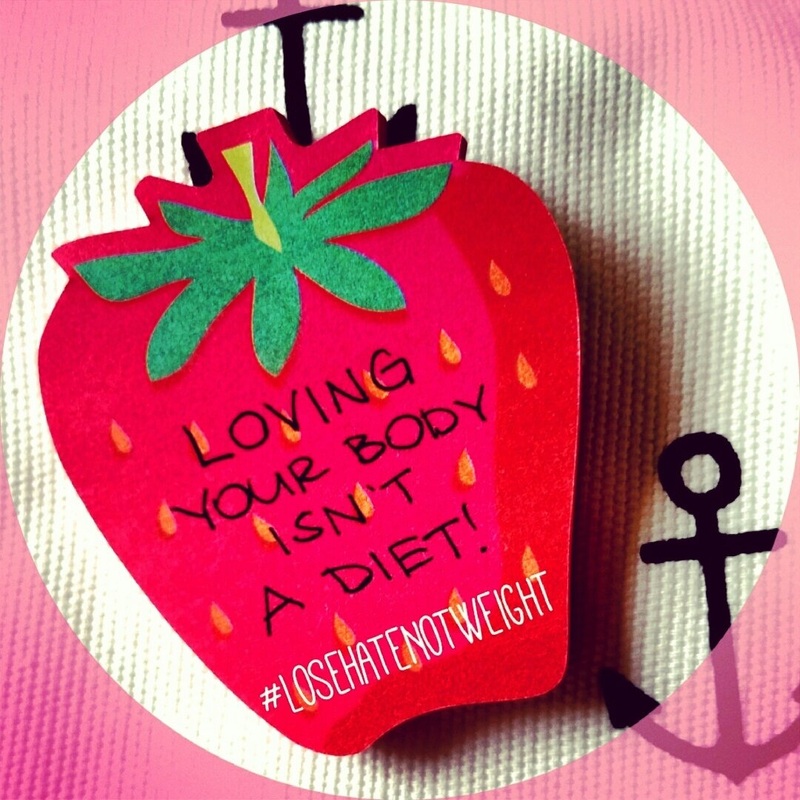
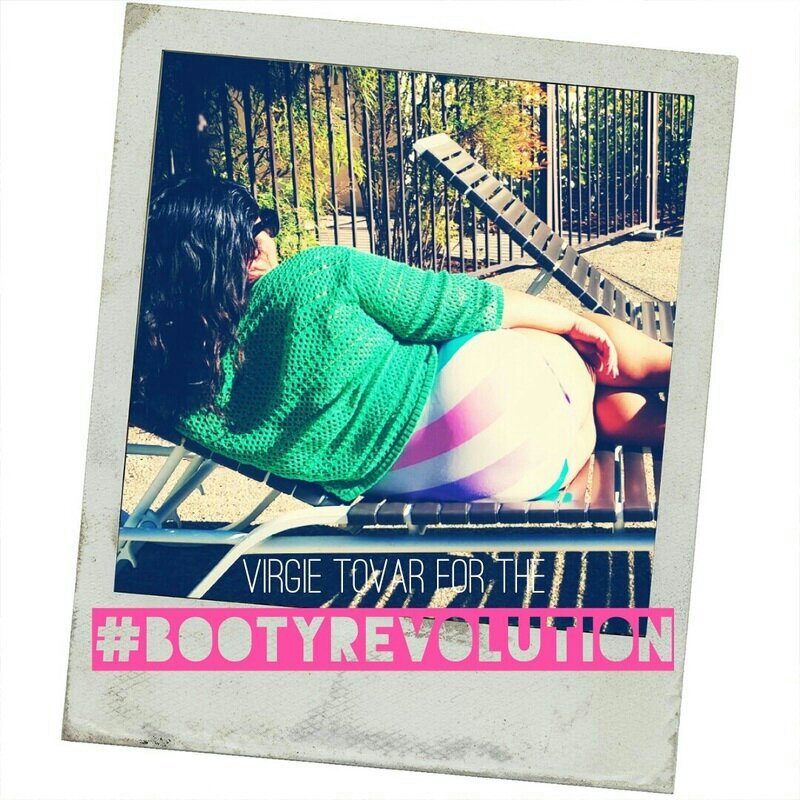
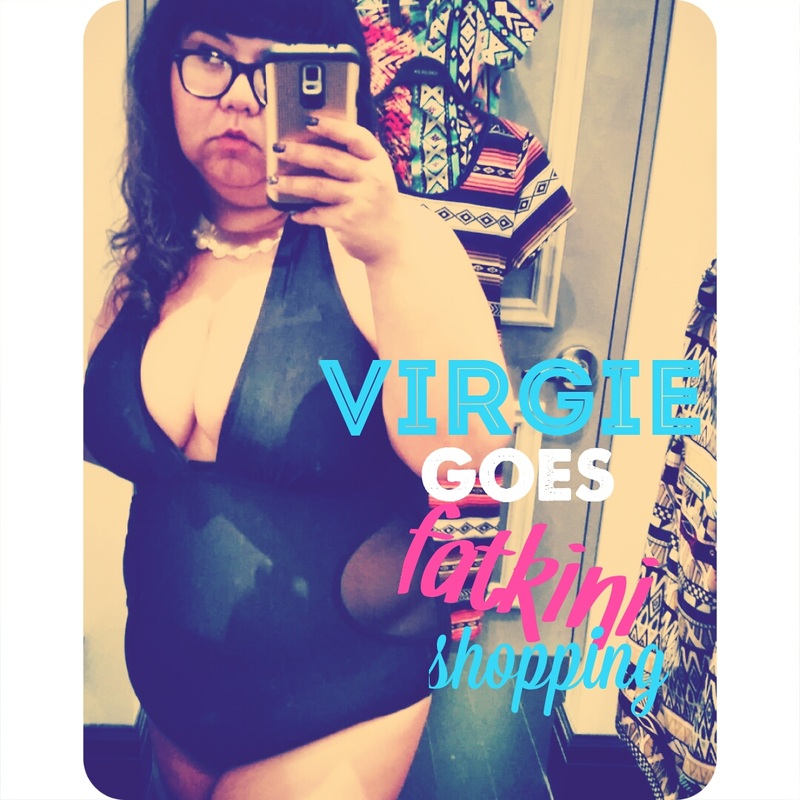
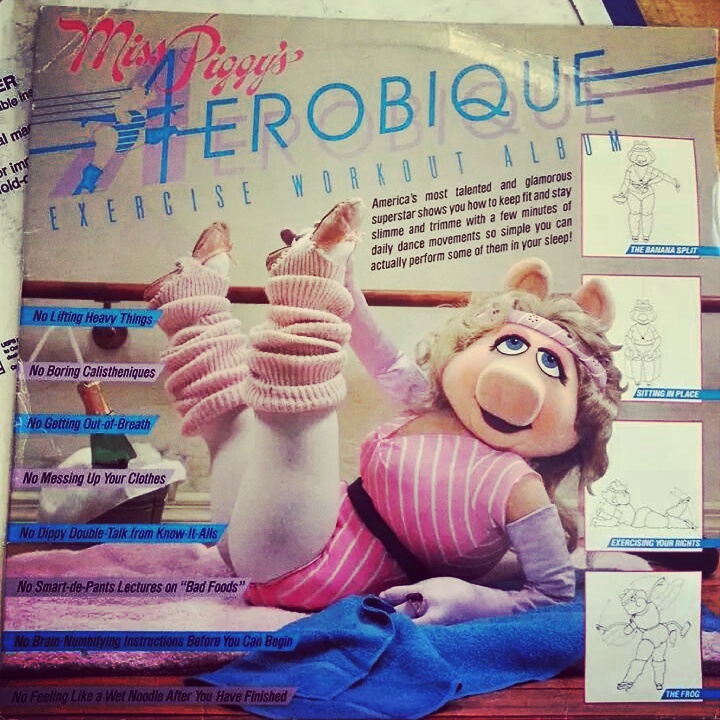
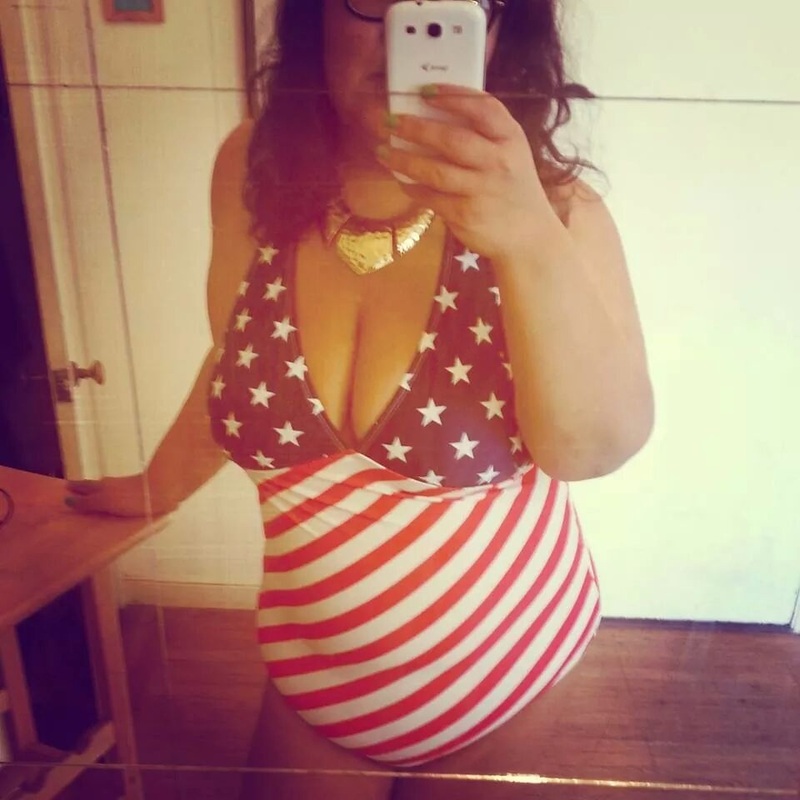
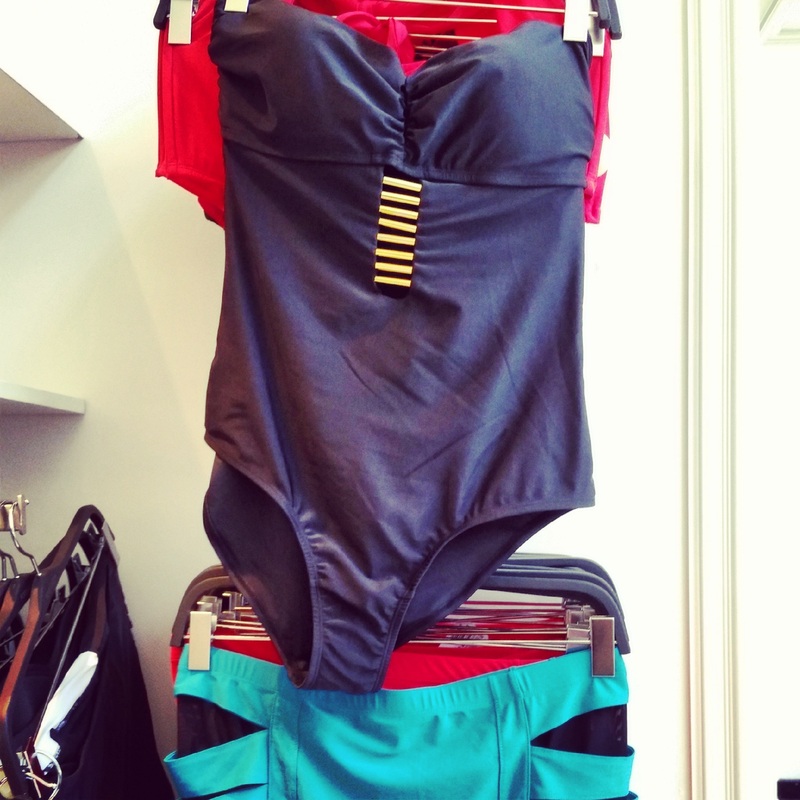
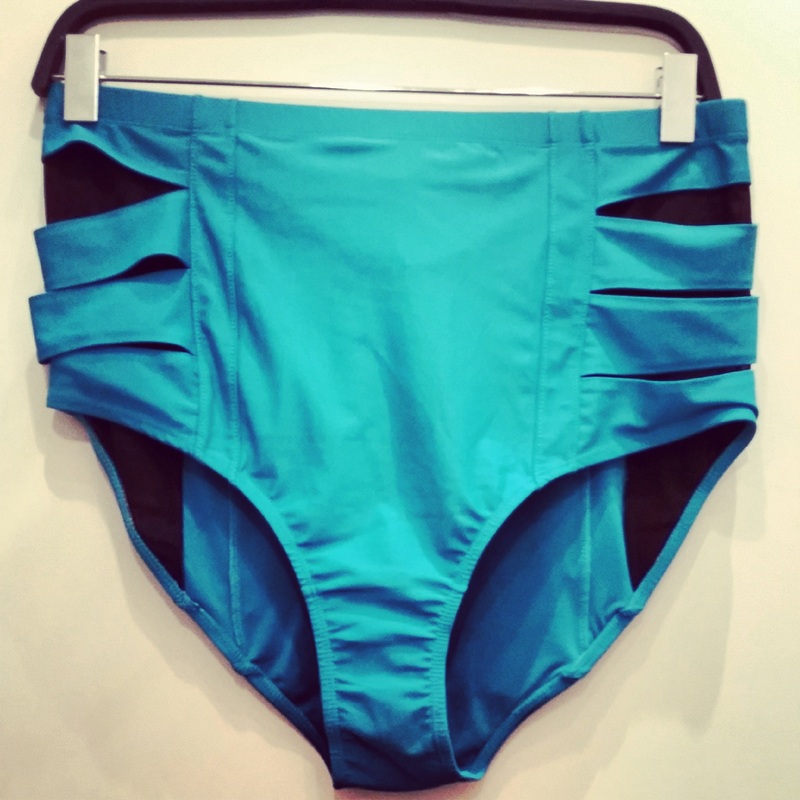
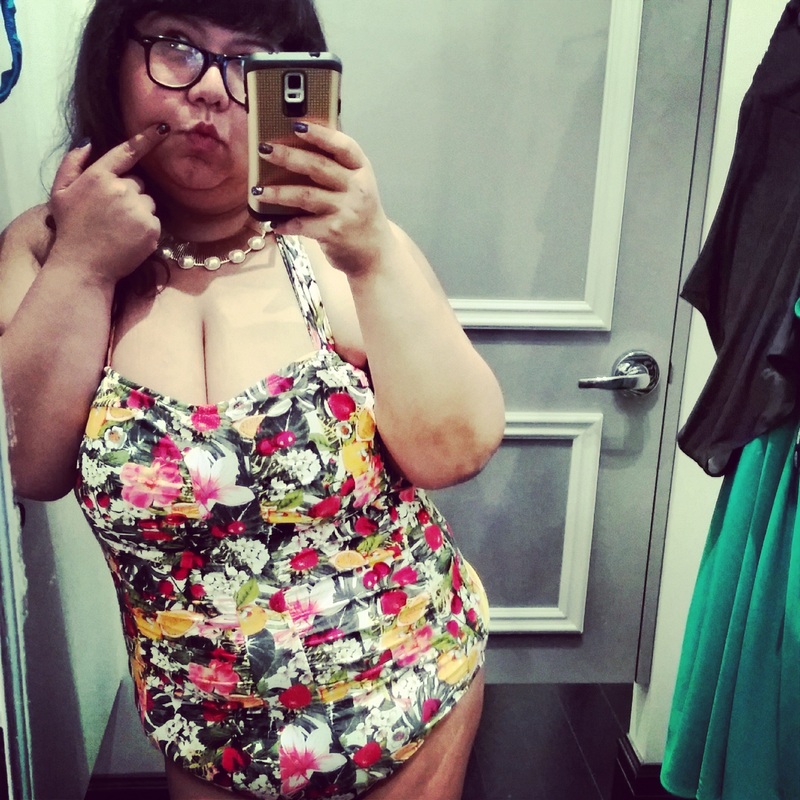
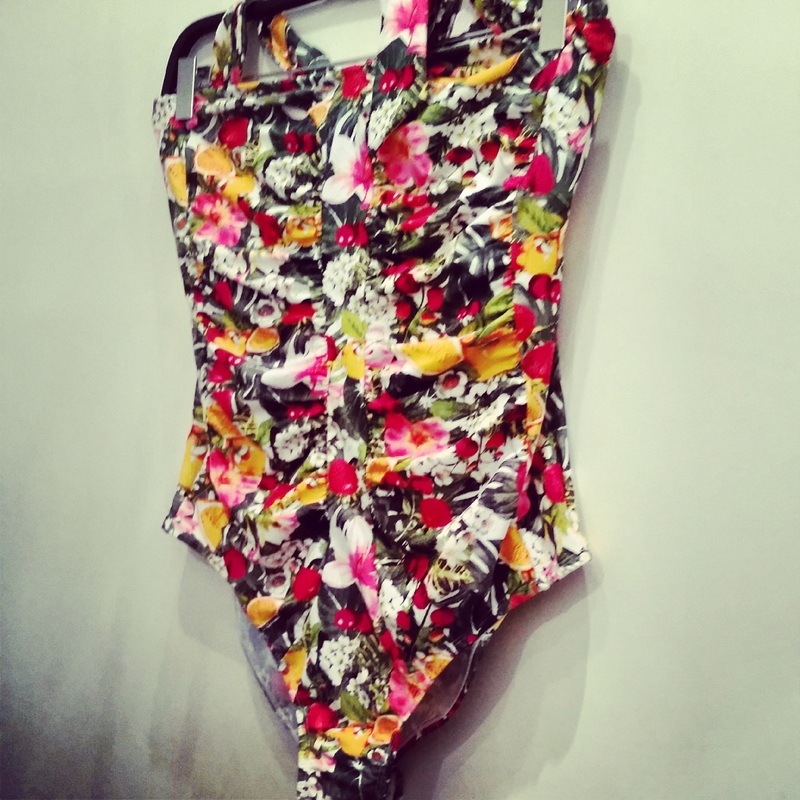
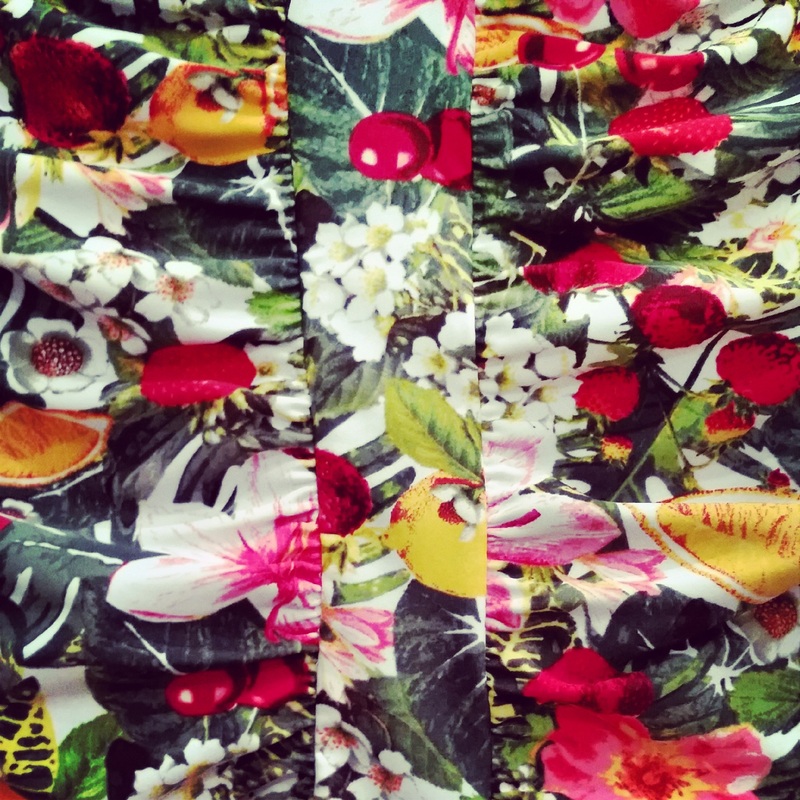
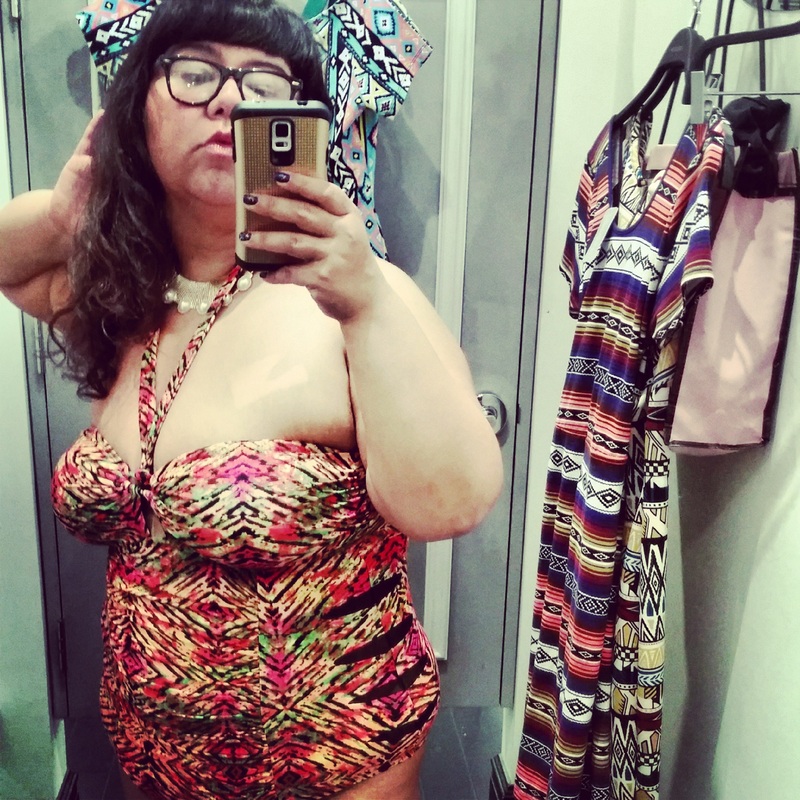
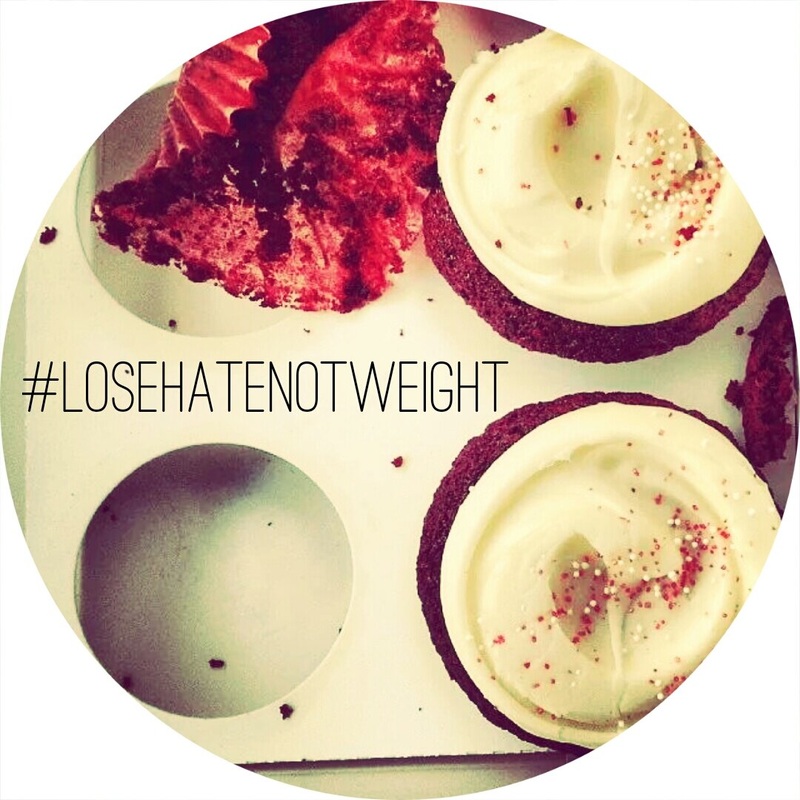
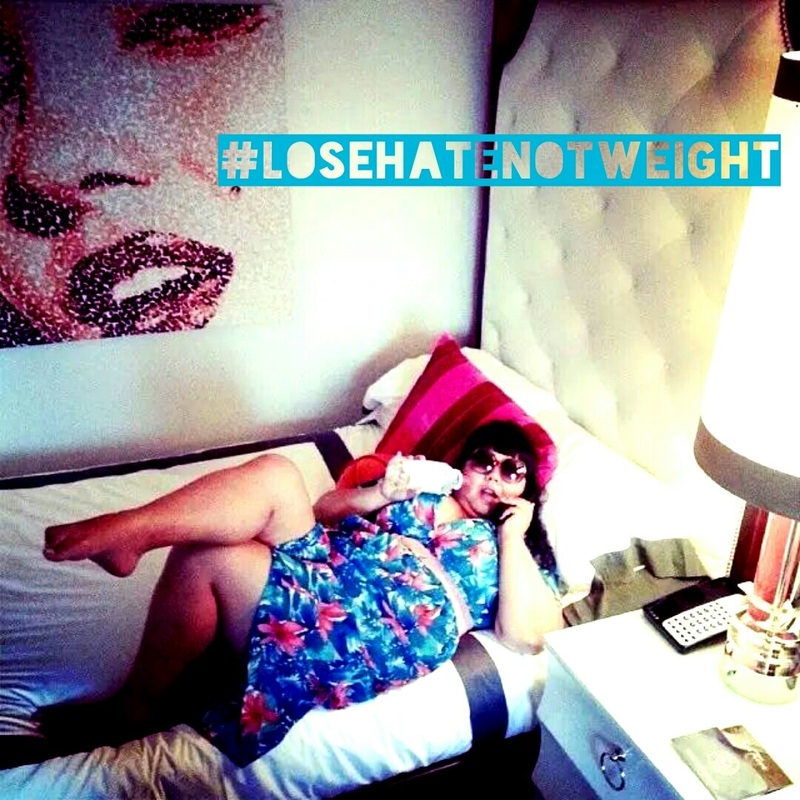
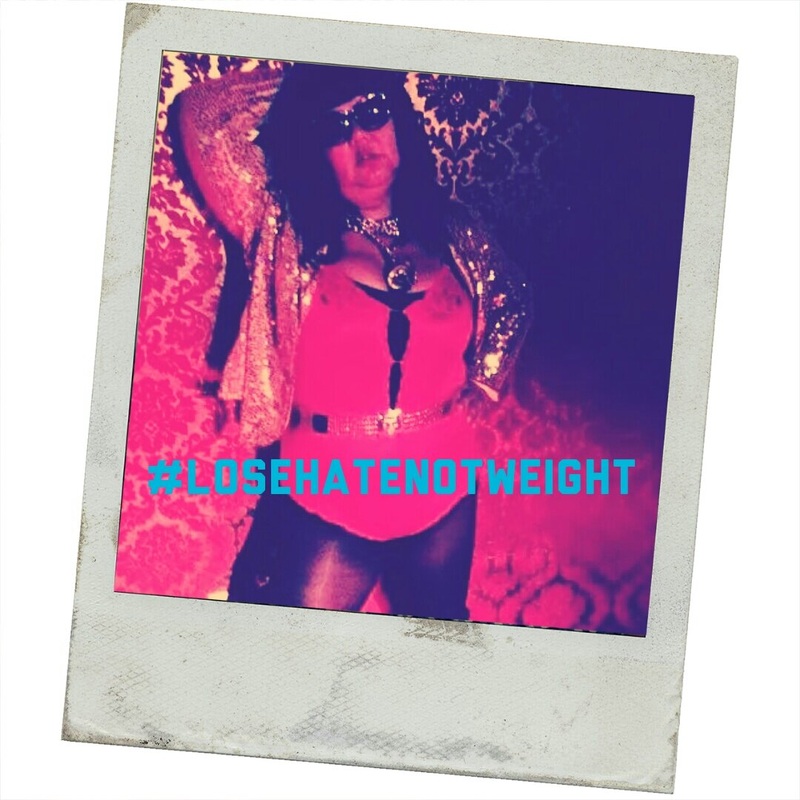
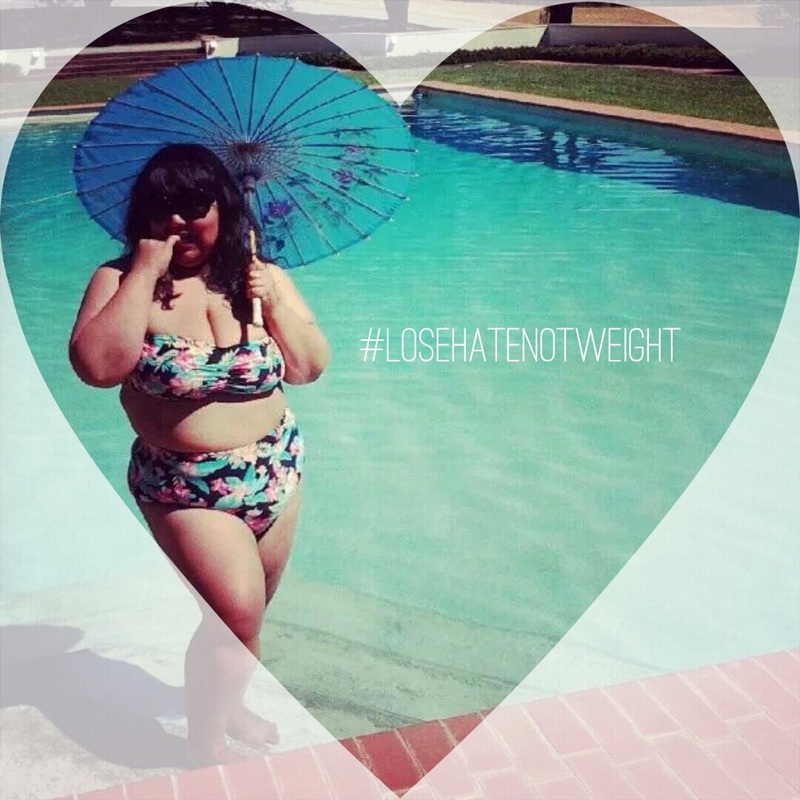
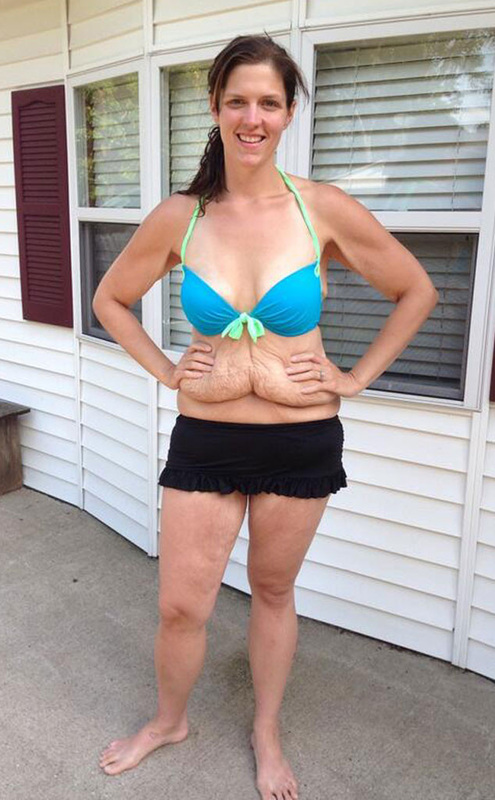
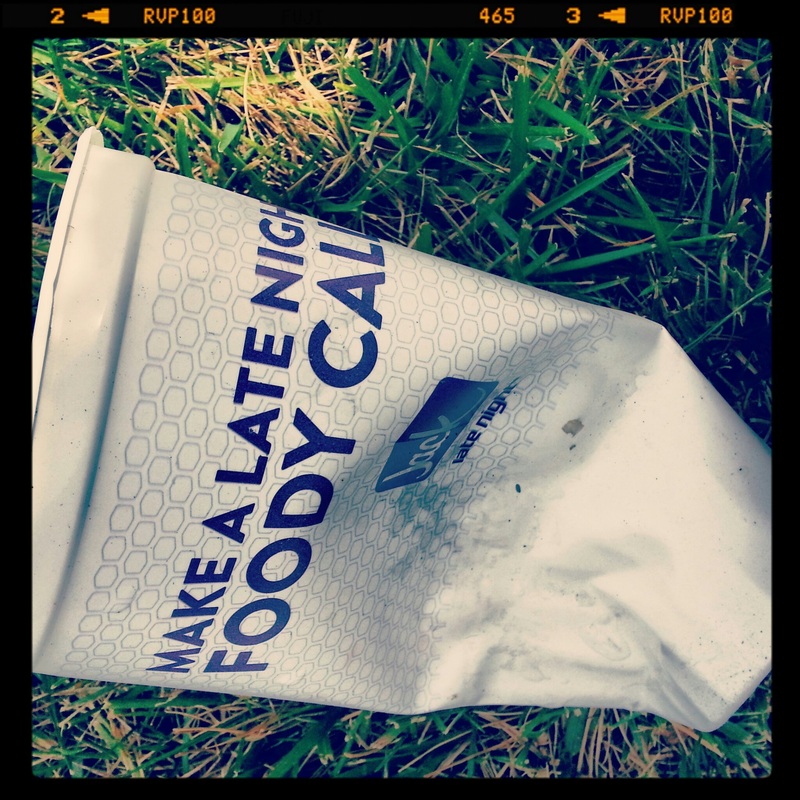
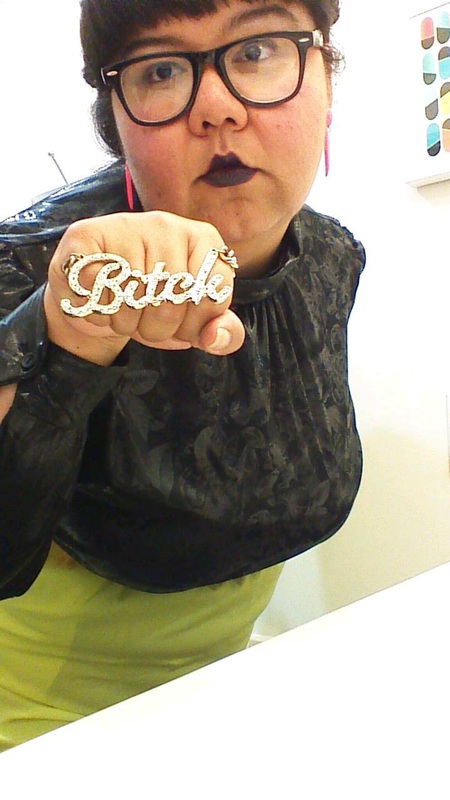


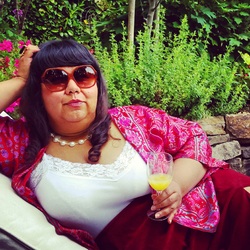
 RSS Feed
RSS Feed